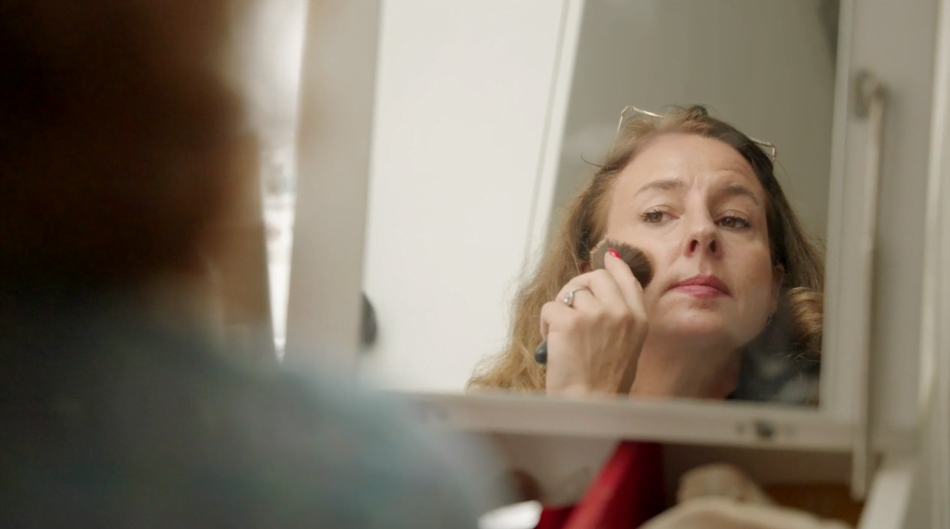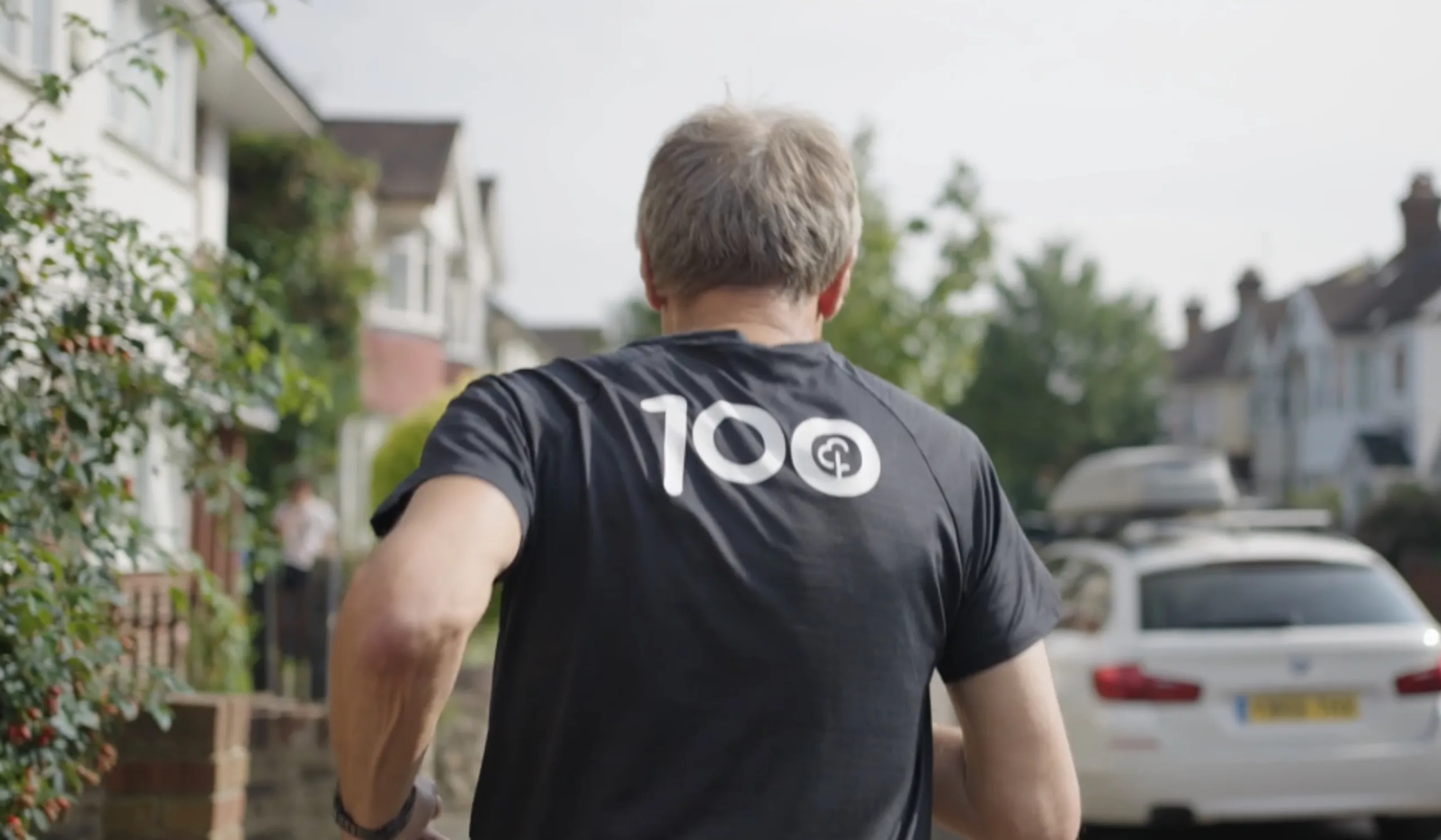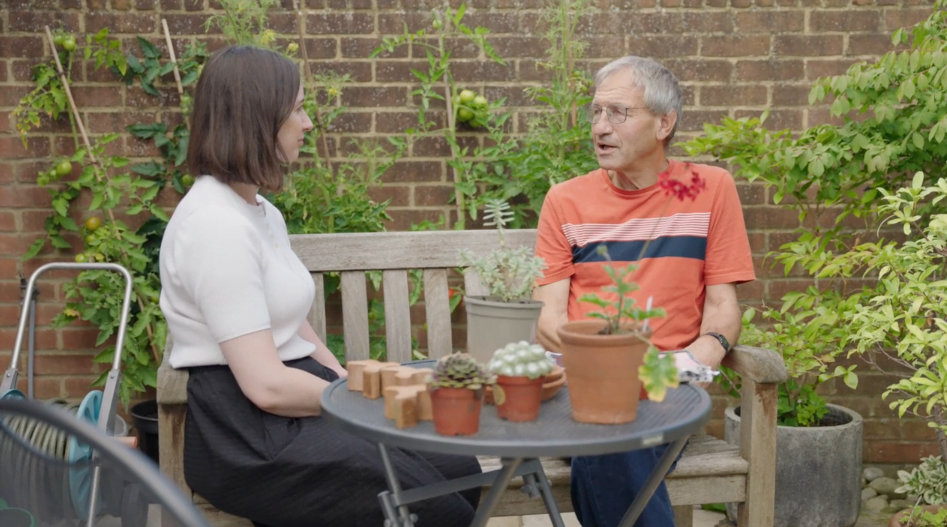BACKGROUND
The School of Health and Social Science at City, University of London are a leading provider of healthcare education and applied healthcare research in the heart of London.
Dr. Sarah Northcott, Senior Lecturer in the Dept of Language and Communication Science reached out to us for some help with a project aimed at supporting healthcare professionals working with those who had experienced aphasia accompanying a stroke.
THE CHALLENGE
As part of Sarah’s work at City, University of London, she had connected with a number of individuals who had experienced aphasia as part of their stroke. In connecting with these individuals, Sarah had formed strong bonds with many of them and was clearly moved by their experiences, both positive and negative, of healthcare professionals and was looking for ways to impact healthcare professionals.
There are many healthcare professionals involved in the care of a patient with aphasia and stroke recovery, and not all receive specialist training in dealing with these individuals with unique requirements. Sarah was clearly passionate about firstly, finding a way to make the stories of these individuals more widely available to raise awareness of aphasia, and secondly, to find a way to support healthcare staff to take small but hugely impactful steps to make the lives of those living with aphasia better.
How we helped
A multi-faceted approach was required to ensure Sarah achieved her goal of raising awareness of aphasia, and educating healthcare professionals on ways in which they can facilitate and support the recovery of these individuals. A highly personal approach was taken , capturing the reality of living with aphasia alongside their personal stories to really bring the understanding of aphasia and stroke to life.
Of course, the very nature of interviewing those living with aphasia was challenging. It was important to take the time to really connect with the interviewees to help them feel as relaxed and as conformable as possible so they could feel happy and confident in spite of their communication challenges. Giving these individuals autonomy and agency over their stories was really important and allowing them to tell them in their own way, at their own pace created a positive experience for them. As they shared moments with healthcare workers that hindered their recovery alongside moments that had a really positive impact, their lived experience and emotion was palpable. Capturing this on screen allows for deeper learning and the development of greater empathy with similar patients in the future.
Capturing footage of their daily lives was also really important to sit alongside the interviews, as this allows the viewer to see the ongoing challenges as well as the incredible achievements of these individuals.
To accompany the powerful story based videos created, we collaborated with Sarah to develop a bespoke training video. Utilising an approach with Sarah ‘presenting’ on the topic, alongside elements of the story based interviews pulling out key messages, memorable moments, and learning points from the personal stories, offers an insightful and practical resource for healthcare professionals that can be used on its own or as part of an established e-learning programme.





